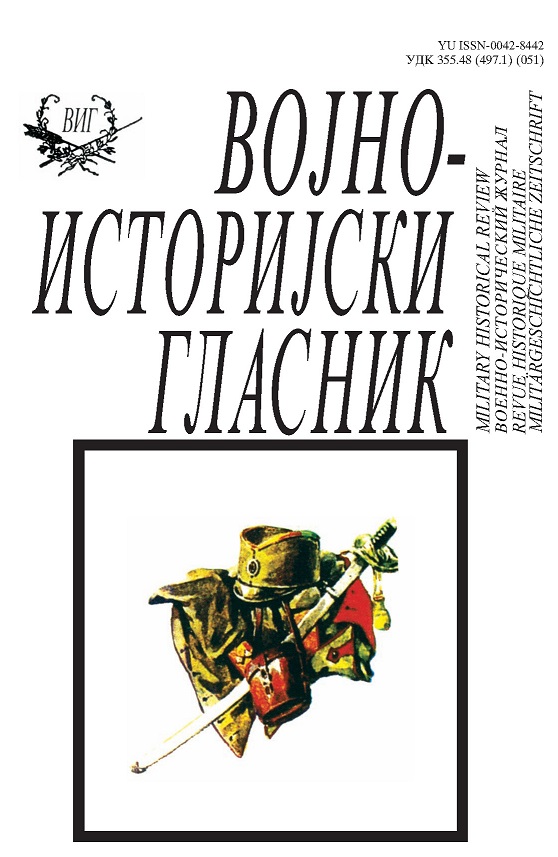Исељеници као предмет војног интереса југословенске државе у пероду између два светска рата (Прилог истраживању односа југословенске државе и исељеништва у Сједињеним Америчким Државама)
Emigrants as the Focal Point of the Military Interest of the Yugoslav State in the Period Between the First and Second World War (A Contribution to Research into Relations Between the Yugoslav State and Emigrants to the United States of America)
Author(s): Vesna ĐikanovićSubject(s): Civil Society, Political history, Social history, International relations/trade, Interwar Period (1920 - 1939), Migration Studies
Published by: Institut za strategijska istraživanja
Keywords: Emigrants; Yugoslavian citizens; United States of America; inter-war period; relations between homeland and emigrants; Yugoslav interest in emigrants; policy towards emigrants;
Summary/Abstract: The interest of the Yugoslav state in the emigrants to the USA was wide and comprehensive. Material assistance, financial source, support in defense of political interest, importance for the development of tourism, etc., were only some of the recognized benefits which a new state with over a half million immigrants to America might have had. The starting point was the principle of the people unity, in spite of the emigrant status of certain individuals. In accordance with this principle, some rights and obligations of the emigrants toward the state were defined by law, even though it sometimes contradicted the actual reality. With a direct interest and involvement in the process of emigration, the Ministry of Army was an inevitable factor, which also played an important role in building relations with the emigrants. The expectations that the people who had already emigrated may do their national service, as well as high expectations of prominent individuals among emigrants, were in a way the expression of the national unity and an aspect of the Yugoslav policy towards the emigrants. At the same time, the unrealistic concept about the emigrants, without an objective assessment of what might be possible, along with sometimes clumsy gestures of the Yugoslav authorities, which added to the lack of trust or even animosity of some groups of the emigrants towards the new state, materialized through attempts at implementation of recruitment policy and generally activities of the military character. On the other hand, insisting on the military national service and expectations of distinguished individuals from the emigrant community provide pieces for completion of the picture presenting the policy of the Yugoslav authority towards the emigrants and make the ground for a specific insight into the actual achievements and dynamic of the development of these relations.
Journal: Vojnoistorijski glasnik
- Issue Year: 2009
- Issue No: 2
- Page Range: 131-147
- Page Count: 17
- Language: Serbian

